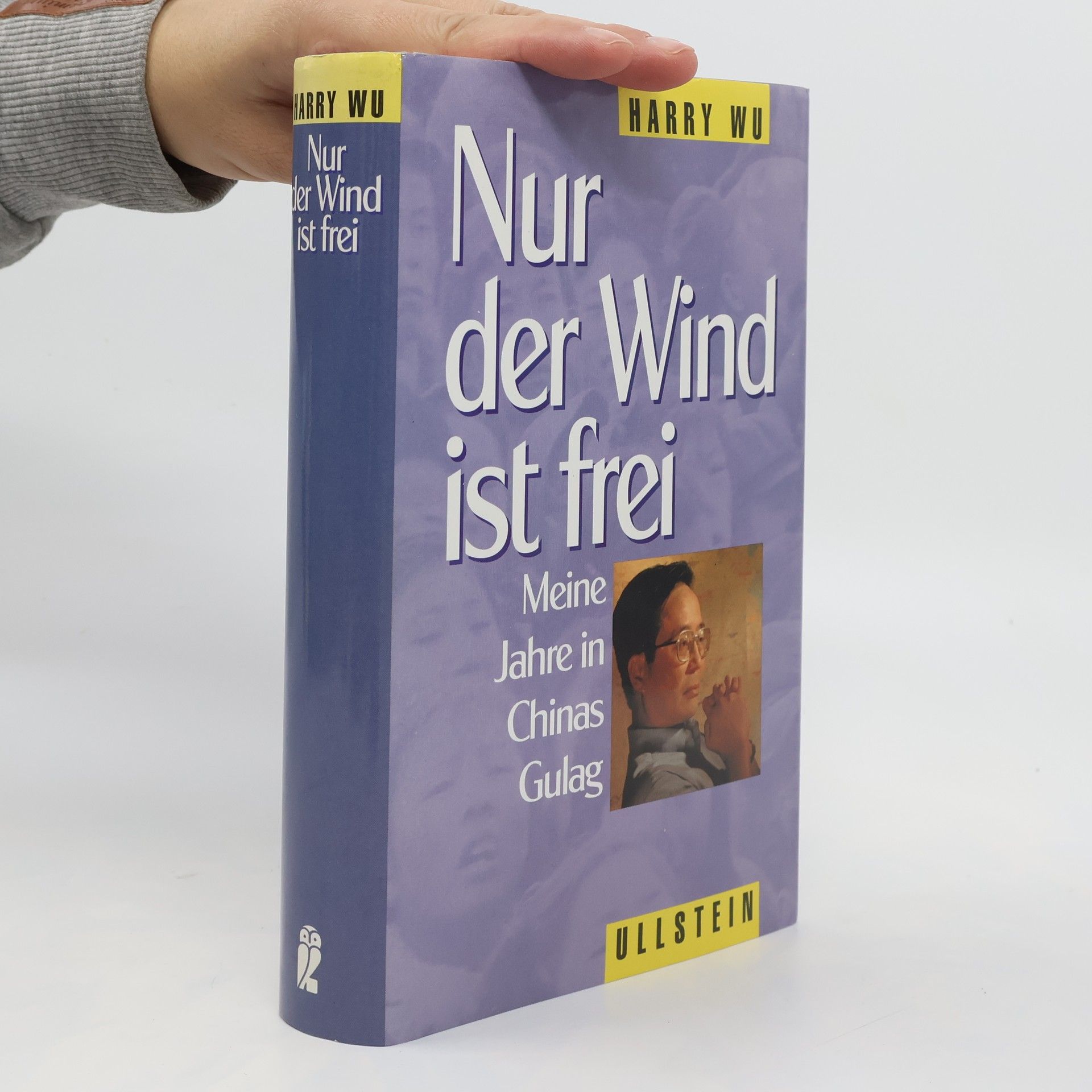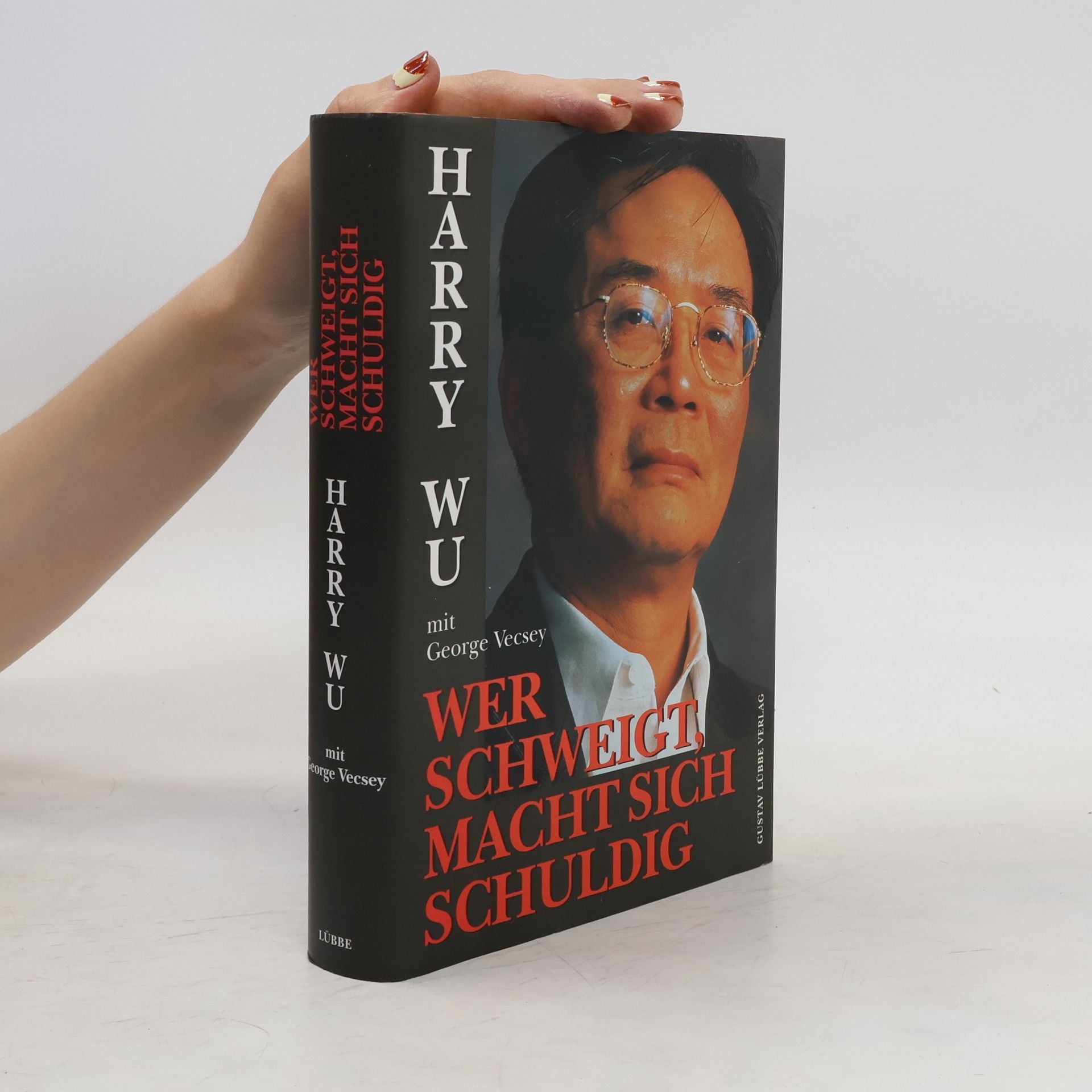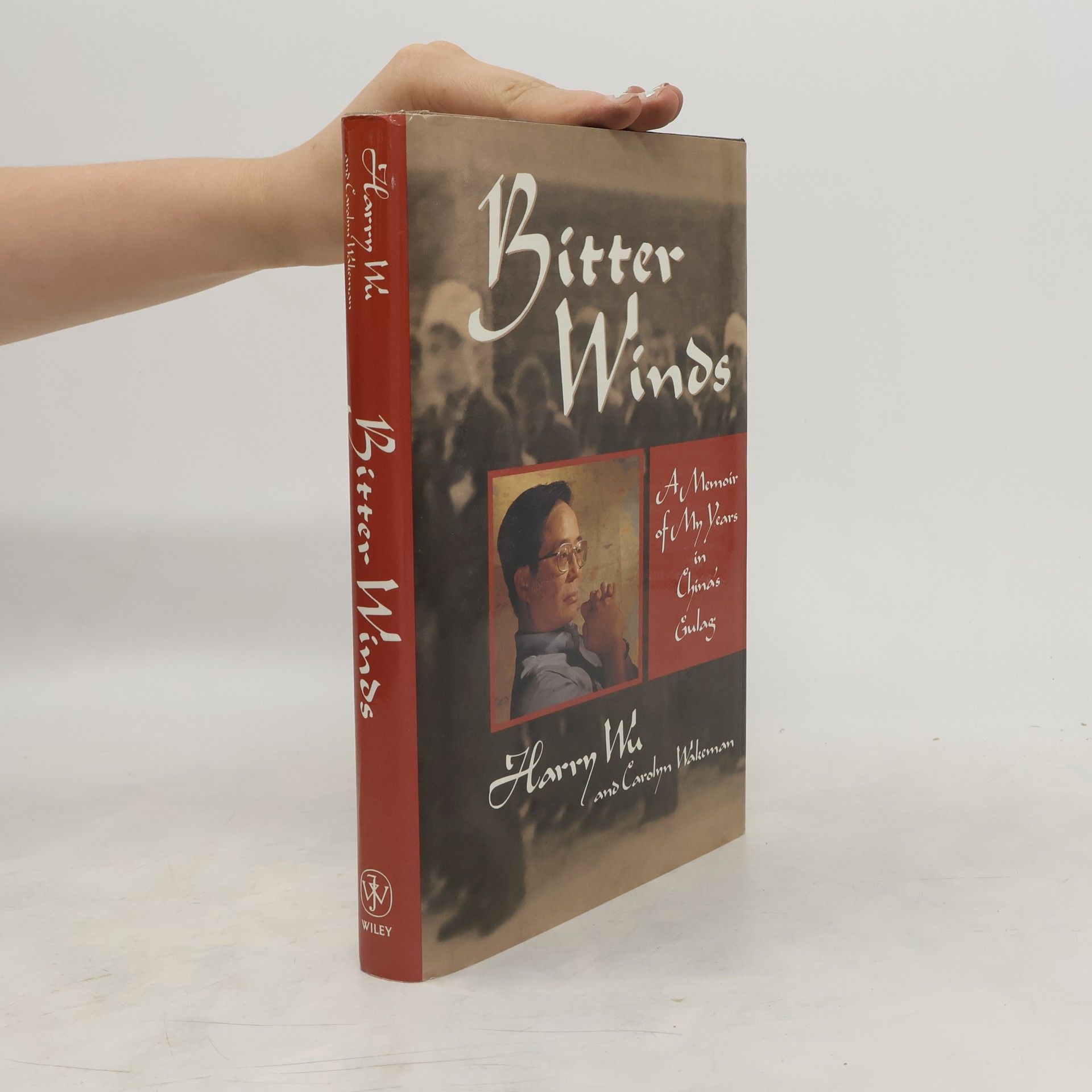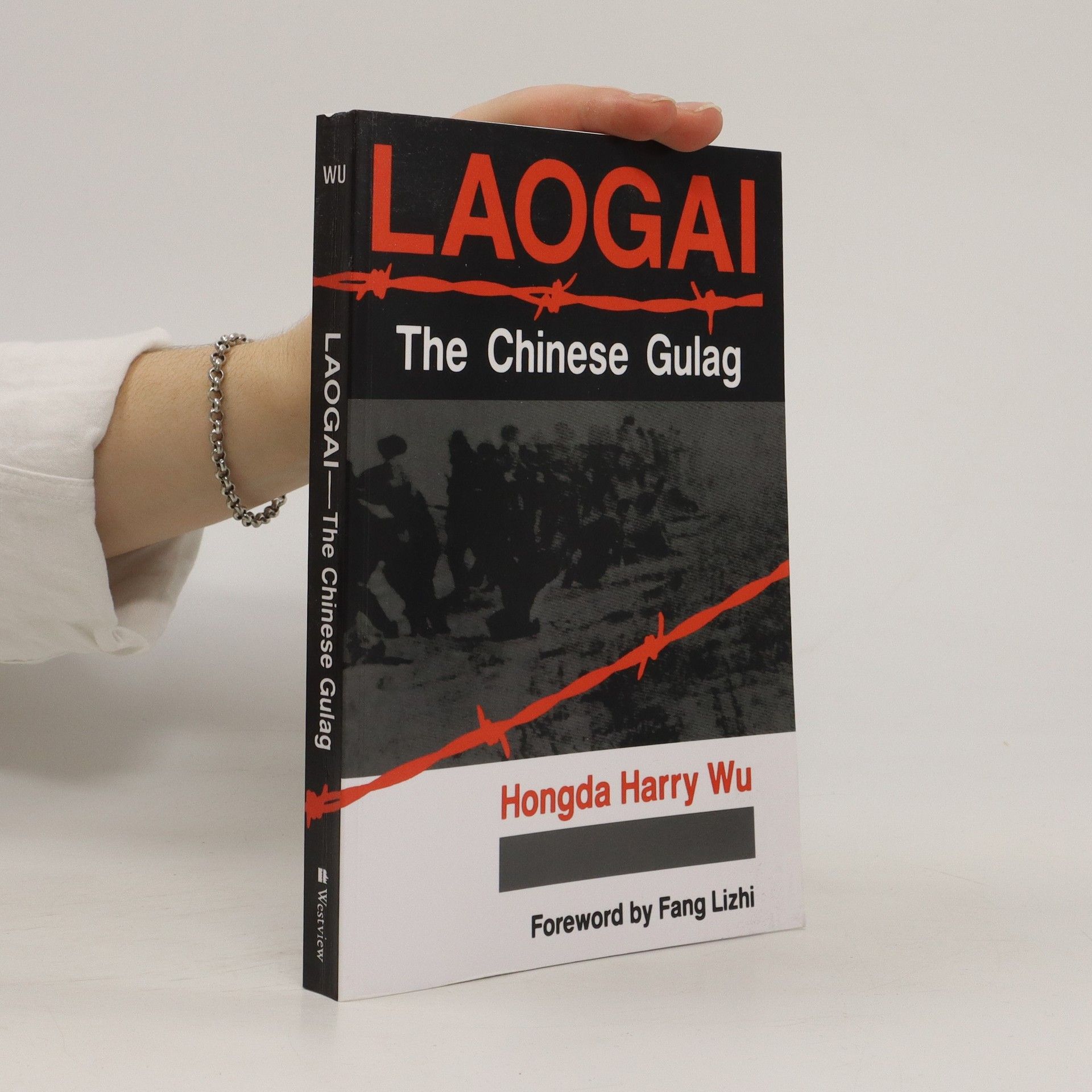This work reveals the hidden world of the "laogaidui" - the PRC's labour reform camps. The author, a political prisoner for 19 years, describes their ideological origins, complex structures and living conditions and analyzes the camps' contribution to the economic health of the PRC.
Hongda Harry Wu Boeken
Harry Wu was een Chinese mensenrechtenactivist die 19 jaar in Chinese werkkampen doorstond. Na zijn vestiging in de Verenigde Staten richtte hij in 1992 de Laogai Research Foundation op. Zijn werk richt zich op het blootleggen en documenteren van de wreedheden die inherent zijn aan onderdrukkende systemen. Wu werd een belangrijke stem in de verdediging van mensenrechten en gerechtigheid, met een focus op de impact van systemische onderdrukking op individuen.





A searing eyewitness account of what life was like in the prison camps of China during the 1960s and 1970s--through the rise of the Cultural Revolution and the Red Brigade, the death of Mao to the struggles of post-Maoist China. The author exposes the Chinese practice of exporting forced labor goods illegally into the U.S.